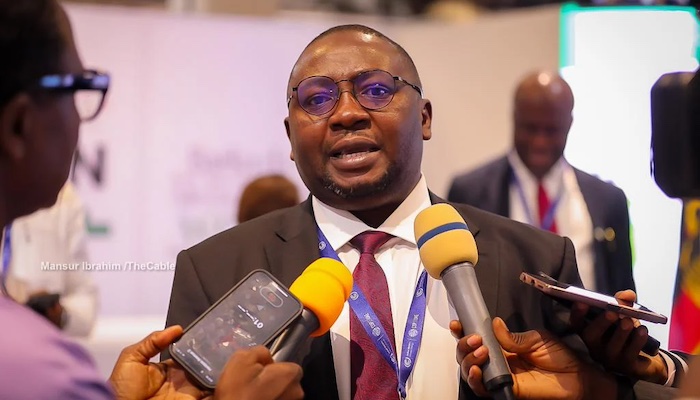Nigerian Government seeks partnership to harness 10GW stranded electricity generation capacity
The Nigerian Government is open to strategic partnerships to harness over 10 gigawatts (gw) of stranded electricity generation capacity in the country, Minister of Power Adebayo Adelabu disclosed at the 2025 Nigeria Energy Forum in Lagos on Tuesday.
The minister said the stranded energy could power industries, create jobs, and support electricity exports to neighbouring countries.
“In Nigeria today, we have over 10 GW of stranded generation capacity, energy that could power industries, create jobs, and even support electricity exports to our neighbouring countries through the regional power pool,” Mr Adelabu said.
“We are therefore open to strategic partnerships to mobilise the necessary investments and unlock this potential,” he also stated.
Mr Adelabu highlighted the country’s improving market fundamentals, clear policy environment, and committed national leadership as creating a thriving environment for long-term investment and innovation.
The government is pursuing a sweeping, multi-pronged approach to reposition the Nigerian power sector for sustainability, efficiency and growth.
The strategy, he said, incorporates key areas like legislation, policy reforms, infrastructure development, energy transition, access expansion, local content, as well as capacity development.
These pillars are targeted at addressing structural challenges, attracting private investment and improving service delivery across the electricity value chain.
Mr Adelabu said the government is banking on bilateral funding and development finance to advance the country’s energy transition and access goals, adding that the country is not only on course to attain its local renewable energy and transition targets, but is also prepared to serve regional power markets.
READ ALSO: 35 states recorded N17 trillion revenue in 2024, yet remain dependent on FAAC — BudgIT
According to him, Nigeria’s power sector remains open and ready for business with investors, financiers, and innovators more than ever before.
“We recognise that achieving the scale of investment required to transform the sector requires greater private sector participation across the entire value chain, particularly in the transmission segment,” Mr Adelabu said.
“The opportunities before us are immense, not only to bridge our nation’s power gap, but to ignite a new era of industrial growth, technological innovation, and shared prosperity,” he added.

